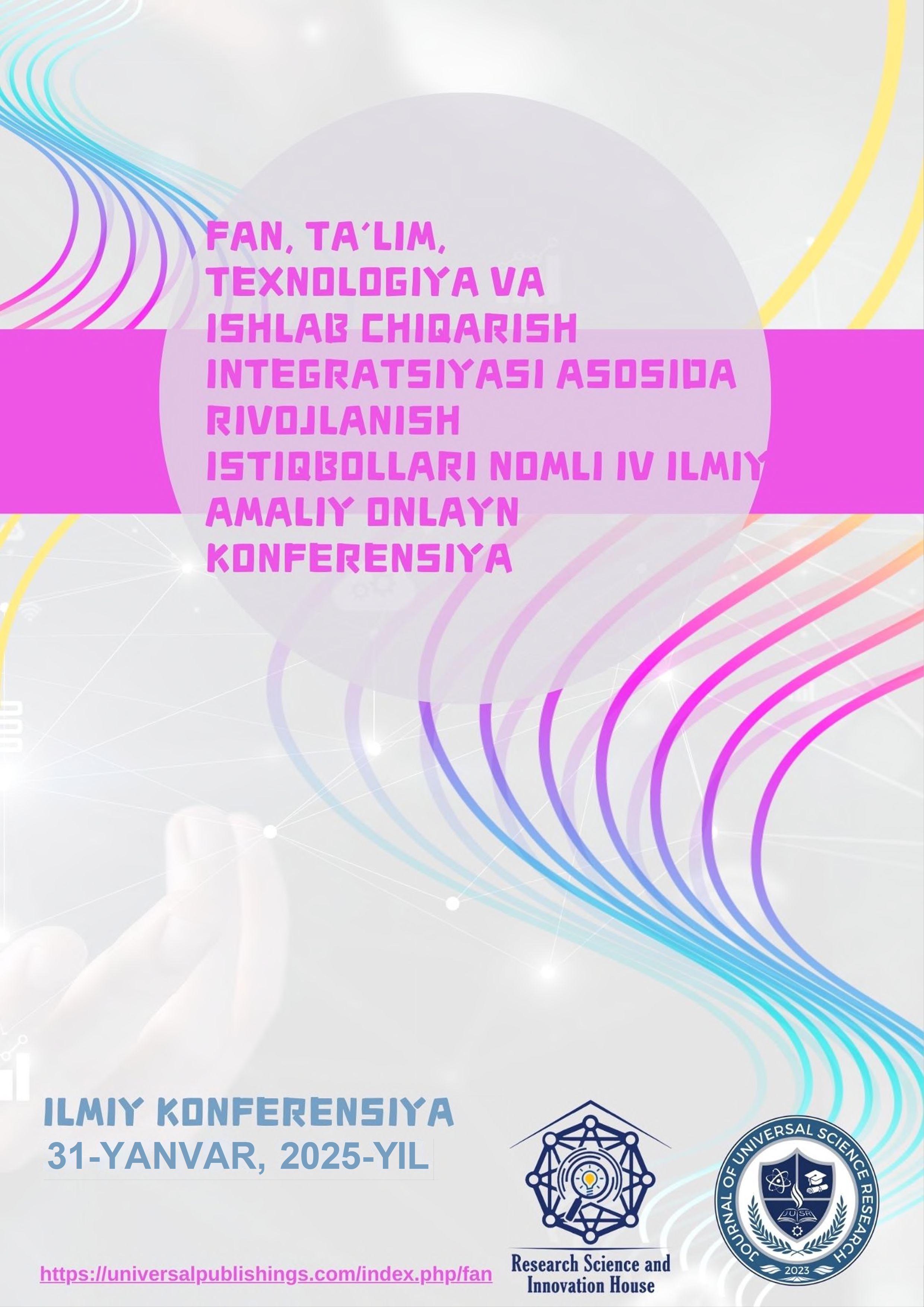DEVELOPING TRANSLATION STUDENTS’ PRAGMATIC COMPETENCE THROUGH CONTEXT-BASED ACTIVITIES IN ENGLISH-UZBEK LANGUAGE PAIRS
Keywords:
pragmatic competence, context-based activities, translation, English-Uzbek, speech acts, culture, communication.Abstract
This article investigates how context-based activities can be effectively used to develop pragmatic competence among translation students working with English and Uzbek. The focus is on teaching learners to recognize and apply pragmatic elements such as speech acts, politeness strategies, and cultural context in translation tasks. The study draws on practical classroom experiences, translation samples, and student feedback to demonstrate how situational exercises improve both accuracy and naturalness in translated texts
References
1. Baker M. In Other Words: A Coursebook on Translation. – UK: Routledge, 2018. – 332 p.
2. Hatim B., Mason I. The Translator as Communicator. – UK: Routledge, 1997. – 248 p.
3. Nord C. Text Analysis in Translation: Theory, Methodology, and Didactic Application. – Netherlands: Rodopi, 2005. – 276 p.
4. Karimova M. Tarjimada kontekst va pragmatik yondashuv. – Toshkent: Fan, 2020. – 198 b.
5. Yuldasheva G. Pragmatik kompetensiyani shakllantirishda mashg‘ulotlarning o‘rni. – Samarqand: SamDCHTI, 2021. – 174 b.



